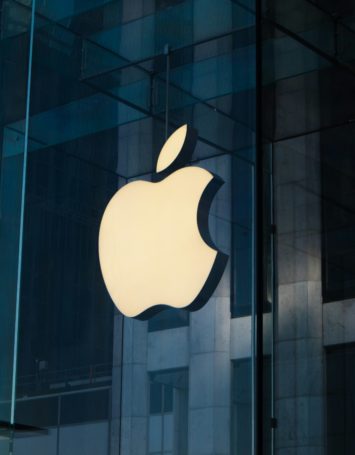Article by Clyde Shuman
The Patent Trial and Appeal Board of the U.S. Patent and Trademark Office held that Dish Network LLC, a defendant in a patent infringement lawsuit brought by Realtime Data LLC, was not time-barred from instituting an inter partes review proceeding challenging a patent related to data compression, even though the lawsuit was brought more than one year ago, finding that the owner of the patent was not the party who had filed the lawsuit. As a result, the Board held that the IPR proceeding, Sling TV LLC et al. v. Realtime Adaptive Streaming LLC, case number IPR2018-01331 (PTAB), was not time-barred under the America Invents Act by the June 2017 patent infringement lawsuit brought by Realtime Data LLC against Dish Network and Sling TV LLC.
In this case, at the time it filed the patent infringement complaint, Realtime Data did not own the asserted patent; rather, the patent had been assigned several months earlier to an affiliate, Realtime Adaptive Streaming LLC.
Although the AIA’s one-year time bar for filing inter partes review proceedings in the wake of district court patent infringement actions was not “explicit” about who must file the complaint, the Board pointed to the title of the relevant AIA section, “Patent Owner’s Action,” and said there is reason to believe Congress intended that the time bar could be triggered only by a complaint filed by the patent’s owner. Per the Board, “In light of the statute’s ambiguity, the title’s clarity, and the legislative history, we read [the time-bar] as requiring the petitioner to be served with a patent owner’s complaint to trigger the one year time-bar.”
Realtime Adaptive, which subsequently had refiled the infringement case against Dish and Sling TV, had argued that the IPR petition should not be allowed, relying on the Federal Circuit’s en banc ruling in Click-to-Call Techs., LP v. Ingenio, Inc., 899 F.3d 1321 (Fed. Cir. 2018). There, the Court had held that the IPR one-year time bar is triggered even where a complaint is voluntarily dismissed. Realtime Adaptive pointed to a portion of the Court’s ruling saying that the time-bar “is implicated once a party receives notice … of a complaint in a civil action, regardless of subsequent events.”
The Board countered with the Federal Circuit’s more recent ruling, in But the PTAB cited the Federal Circuit’s more recent ruling in Hamilton Beach Brands, Inc. v. f’real Foods, LLC, 908 F.3d 1328 (Fed. Cir. Nov. 16, 2018), where the Court said the issue of whether a complaint filed without standing triggers the time-bar was not “present, or considered, in Click-To-Call.” Per the Board, “We agree with [Dish and Sling TV] that Click-To-Call does not control on the current facts.”
A final decision in the IPR proceeding is expected within one year. The Board said, in its ruling here, that Dish and Sling TV had shown a reasonable likelihood of proving various claims are invalid because they were anticipated or made obvious by earlier inventions. The asserted patent was previously challenged in two IPR petitions by Hulu LLC. Both cases ended prior to an institute decision, after the two sides filed a motion to terminate the reviews, indicating that litigation involving the patent had been dismissed.



